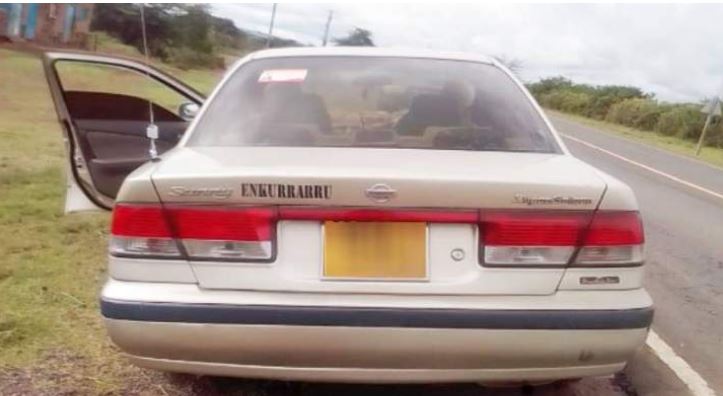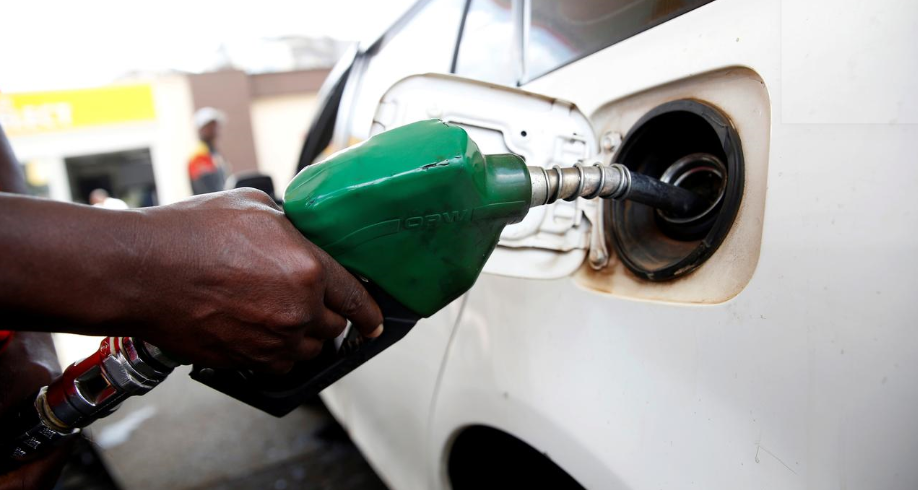
I know I would because I know a good deal when I see one. Compared to a pint of blood, cooking oil costs an arm and a leg(no pun intended).
But more importantly, a drop of blood can be the difference between life and death for someone in need. It’s the humanitarian thing to do!
Kenya faces an acute shortage of blood supply every year, with seven people requiring a blood transfusion every 10 minutes. The shortage was exacerbated by the COVID-19 pandemic.
By May of this year, Kenya had collected about 200,000 units of blood against a target of 400,000 pints for the year.
The country’s minimum requirement is 500,000 units of blood per year.
BLOOD DONATION INCENTIVE
The country is however on an upward trajectory toward meeting its blood demand, and an incentive program for donors is expected to inject a much-needed boost.
The program will see Kenyans appreciated in kind for donating blood. The Ministry of Health(MoH) says plans are still in the early stages as the govt engages the private sector to actualize the program.
The Kenya National Blood Transfusion Service (KNBTS) managing director, Dr Nduku Kilonzo, said the idea was borrowed from other countries where an incentive program has worked well.
“We are looking for ways of ensuring that we have enough blood in the country for our people. If appreciating people by giving them, for instance, even a litre of cooking oil, will motivate Kenyans to donate blood, then we will go in that direction,” Dr Kilonzo said.
She said KNBTS was in talks with partners to come on board with the initiative.
“We are going to sit down and come up with an initiative that is sustainable and we will ensure that everyone is appreciated for their time,” she said.
Dr Kilonzo spoke during a blood donation drive at Strathmore University, Nairobi this week.
DIGITIZED BLOOD DISTRIBUTION NETWORK
MoH is also planning to set up more blood collection points across the country.
“I can confidently say that in Kenya we are doing very well in blood transfusion matters. Our next step is to have the exercise digitized. We are planning to have blood collection points in all counties to make it easy for blood donors with a digitized distribution network,” Health Chief Administrative Secretary Mercy Mwangangi said.
Kenya currently has six regional blood transfusion centres and 30 fully functional blood satellites, with plans under way to equip each county with a satellite centre.
“There are 15 additional new approved satellites in the country, which are currently under construction. Each county government has a county blood transfusion officer (CBTO) who coordinates blood services at the county level and works collaboratively with regional centres, satellites, and health facilities,” Dr Kilonzo explained.
“We have developed and implemented innovative strategies to engage and create public awareness on the importance of blood donation and how the blood ecosystem operates. This has increased the number of donors recruited as voluntary non-remunerated donors in the country,” she added.








